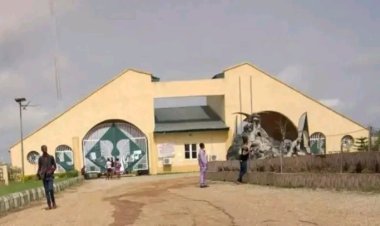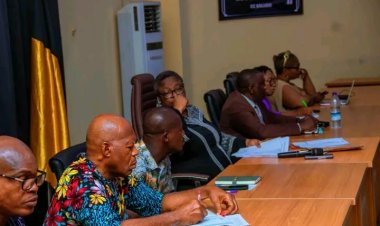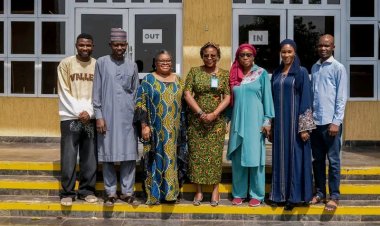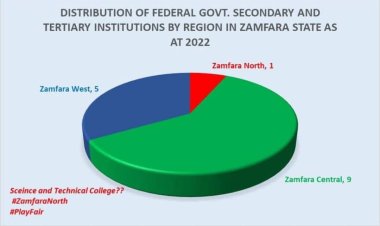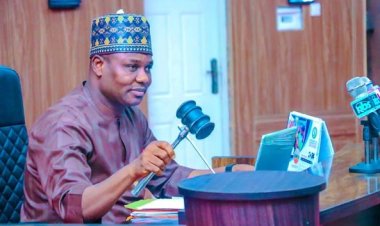House of Representatives Committee Grills WAEC Over Financial Irregularities
The House of Representatives Committee on Basic Examination Bodies conducted a rigorous investigation on Tuesday, questioning Josiah Dangut, the Head of the National Office of the West African Examination Council (WAEC) Nigeria, over a significant financial deficit incurred by the agency in 2023.
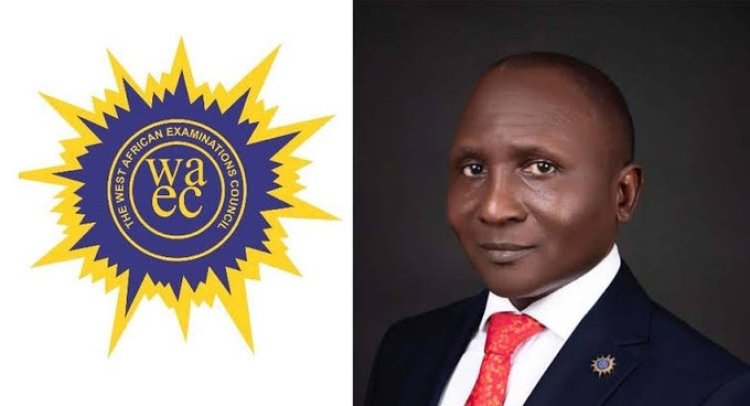
The House of Representatives Committee on Basic Examination Bodies conducted a rigorous investigation on Tuesday, questioning Josiah Dangut, the Head of the National Office of the West African Examination Council (WAEC) Nigeria, over a significant financial deficit incurred by the agency in 2023. The inquiry revealed a staggering N6 billion deficit and raised concerns about a N5 billion loan obtained in 2022 for purchasing customized calculators.
Dangut appeared before the committee accompanied by WAEC Registrar Angus Okeleze, Senior Deputy Registrar Victor Odu, Acting Director of Finance Segun Jerumeh, and Deputy Director of Finance. Despite presenting the agency’s cashbook, Dangut’s submission was rejected by the committee, which demanded the bank statements for a comprehensive review.
The committee expressed dissatisfaction with the responses provided by WAEC representatives, leading to a resolution that WAEC must submit all bank statements from 2018 to the present within a week. Committee member Awaji-Inombek Abiante criticized WAEC for being uncooperative, stressing the need for transparency and accountability.
“WAEC Nigeria was an uncooperative witness in this process, shielding and denying Nigerians the value of the country’s investment in that office,” Abiante said. “They should submit to this committee, in furtherance of this investigation, all the bank account statements of the office.”
The committee was further dismayed by WAEC’s failure to provide the majority of the requested documents. Out of eight submissions requested, only one— the nominal roll—was provided. The panel demanded clarification on how WAEC managed to generate N34 billion in 2023 but still incurred a N40 billion expenditure. It also questioned the legitimacy of the N5 billion loan approval, noting that such a sum typically requires ministerial board approval.
The committee sought details on the number of students who benefited from the N5 billion calculators and demanded an explanation for the N6 billion deficit. Additionally, WAEC was asked to provide all relevant correspondence related to the customized calculators' purchase, including approval evidence for the loan and compliance with due process in contract awards.
Further scrutiny revealed a breach of financial and procurement regulations involving a N532 million contract for constructing WAEC's Taraba state office, where 50 percent of the payment had already been made.
Dangut requested additional time to gather and submit the required documents, citing the need to avoid rising costs due to inflation as a reason for the substantial initial payment on the Taraba office contract.
“The legislative house and WAEC are bound by the Constitution. As such, the committee expects full cooperation from WAEC, including the timely provision of all necessary documents to expedite our inquiry and report,” said the panel chairman.
The investigation underscores the need for greater transparency and accountability within WAEC as the committee continues to probe the agency's financial management practices.

 Lois Udoye
Lois Udoye 